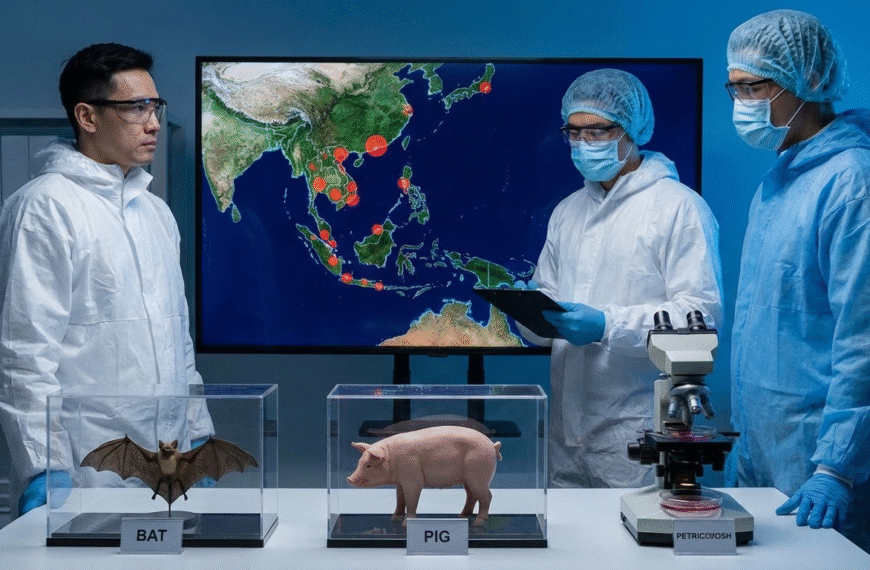Who is Bill Gates?
Bill Gates isn’t just a billionaire- he’s a symbol of innovation, resilience, and world-changing impact. From a computer-obsessed teenager to the co-founder of Microsoft and one of the most influential philanthropists in history, his journey us that success isn’t just about money- it’s about vision, persistence, and learning from failure.
Early Life: The Making of a Genius
Born in Seattle in 1955, Bill Gates was a curious child who loved reading. His parents encouraged discipline (no books at the dinner table!), but they couldn’t stop his fascination with computers. At just 13, he wrote his first program. By high school, he was skipping classes to code with his friend Paul Allen. Their first venture? Traf-O-Data, a traffic-monitoring software-proof that his entrepreneurial spirit started early.
The Birth of Microsoft
In 1973, Gates enrolled at Harvard but dropped out two years later to pursue a crazy idea: a computer on every desk and in every home. With Allen, he launched Microsoft from a tiny garage in 1975. Their big break came in 1980 when IBM needed an operating system. Gates bought DOS, tweaked it, and licensed it to IBM- without selling the rights. This move m
ade Microsoft a tech giant.
By 1985, Windows 1.0 launched, revolutionizing personal computing. By 1987, Gates became the youngest self-made billionaire at 31. By the 90s, he was the world’s richest man, a title he held for years.
Failures That Shaped His Success
Gate’s journey wasn’t smooth. Microsoft faced major flops:
- Zune (2006) – Microsoft’s iPod rival failed due to poor design.
- Windows Vista (2007) – Slow, buggy, and hated by users.
- Microsoft Kin (2010) – A teen-focused phone that flopped in weeks.
- Windows 8 (2012) – Confused users with its radical redesign.
- Surface RT (2012) – A tablet that couldn’t complete with iPad.
Yet, Gates never quit. Each failure taught him something- adapt or fall behind.
Beyond Microsoft: A Legacy of Living
In 2000, Gates and his wife Melinda launched the Bill & Melinda Gates Foundation, now one of the world’s largest charities. They’ve donated billions to fight diseases (malaria, polio, COVID-19), improve education, and reduce poverty. Even after stepping down from Microsoft, Gates remains a global reader in health innovation and climate change.
Key Lessons From Bill Gate’s Success
- See the Future Before Others Do – Gates bet on PCs when few believed in them.
- Failure Isn’t the End – Microsoft’s flops led to better products like Windows 10.
- Never Stop Learning – Gates reads 50+ books a year and invests in AI, clean energy, and health.
- Give Back – True success is making the world better, not just richer.
Conclusion
At 68, Gates remains a tech pioneer and philanthropist, proving that success isn’t just about wealth—it’s about impact. His story inspires entrepreneurs, students, and dreamers: Think big, learn from mistakes, and use success to help others.


















